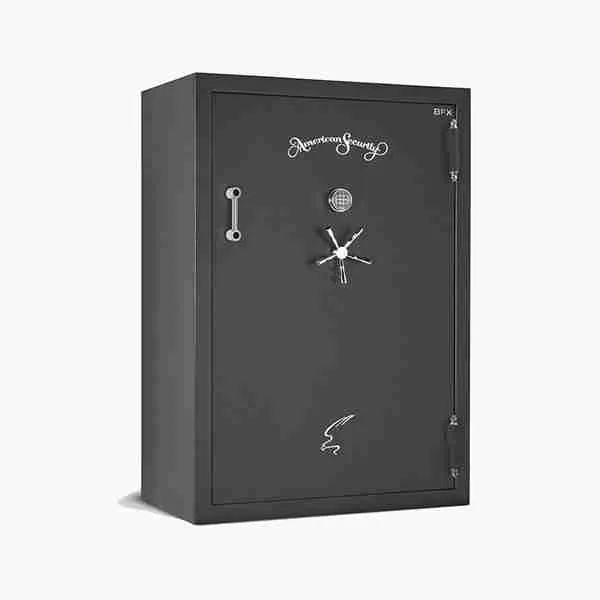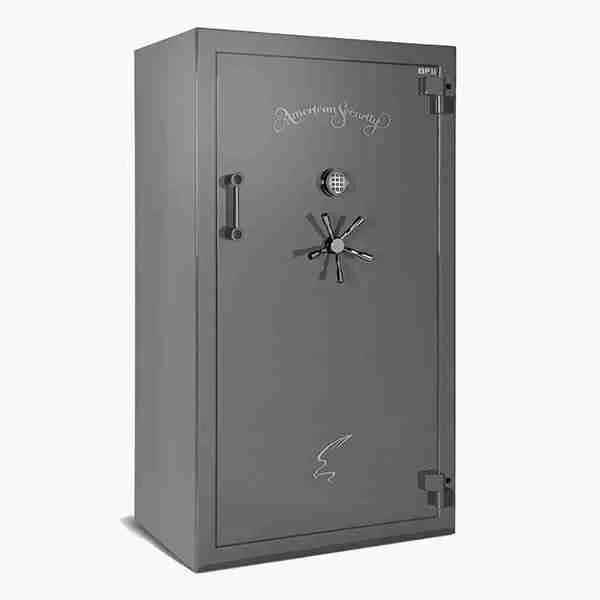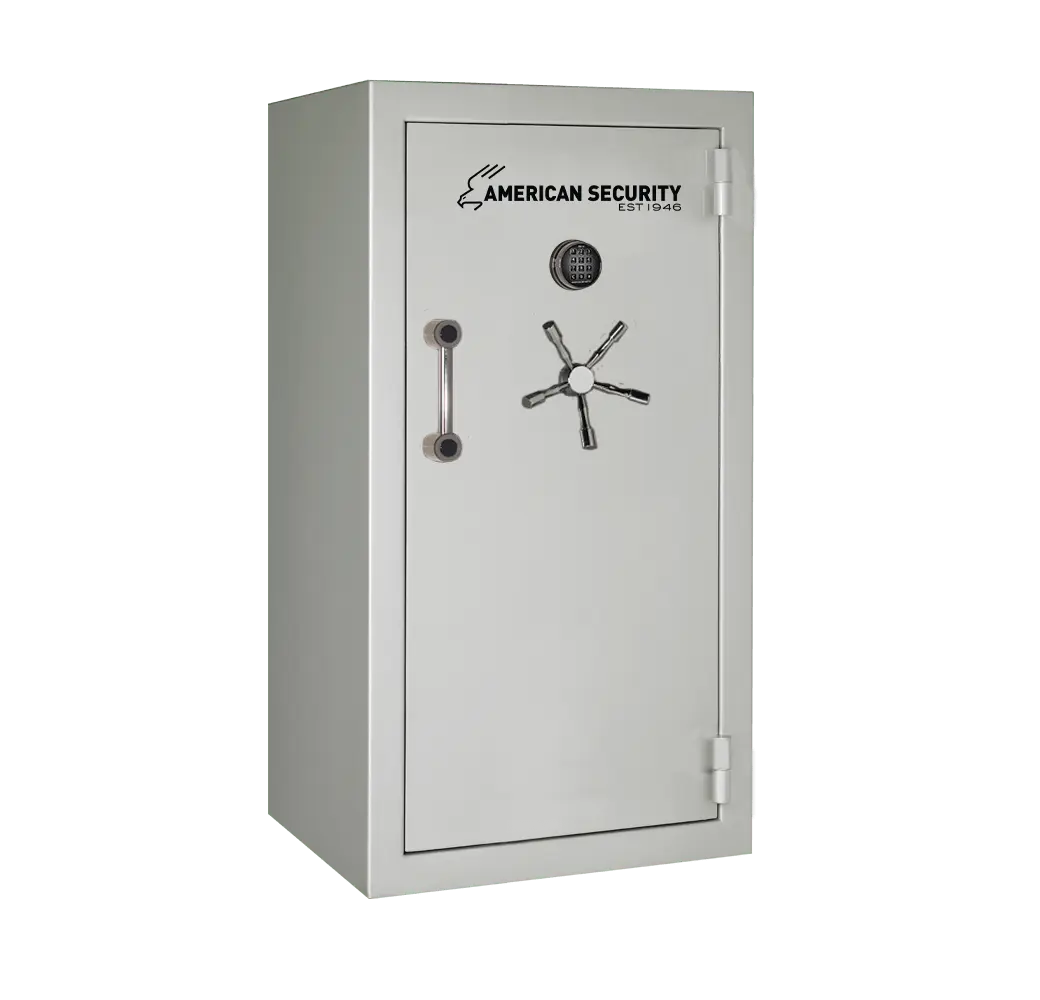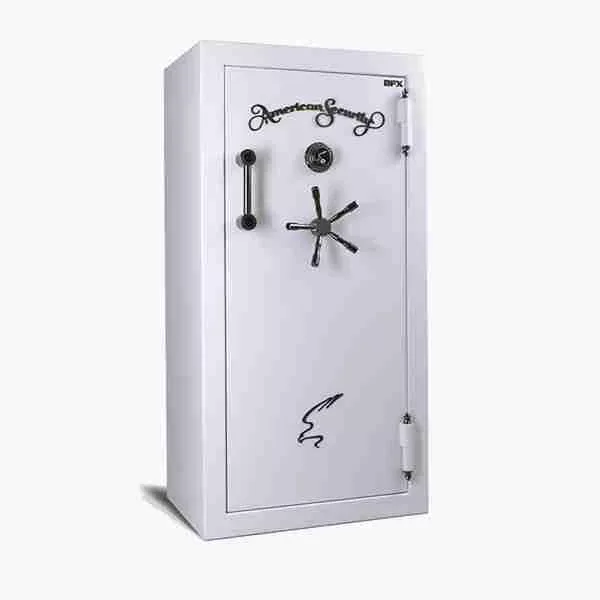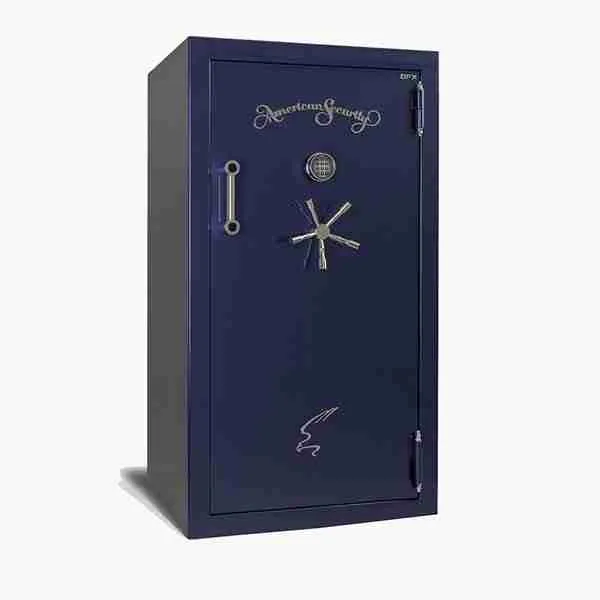Arizona Gun Safe Regulations
Understanding Arizona Gun Control Laws: What You Need to Know
When it comes to gun control laws, each state in the United States has its own regulations and provisions. In Arizona, understanding the specifics of gun control laws is essential for both gun owners and those who are concerned about firearm safety. This article aims to provide a comprehensive overview of Arizona gun control laws, ensuring that you have the necessary knowledge to navigate the legal landscape. Whether you’re a gun enthusiast, a first-time gun buyer, or simply curious about the subject, read on to discover key information about Arizona’s gun control laws and how they impact gun ownership.
Arizona boasts a reputation as a state with relatively lenient gun control laws. The state upholds the Second Amendment rights of its residents, emphasizing individual freedoms regarding gun ownership and use. Understanding the key principles that shape Arizona’s gun control laws is crucial.
In Arizona, residents enjoy broad rights when it comes to gun possession and carrying firearms. Individuals who are at least 18 years old and not prohibited by law are allowed to possess a firearm, with no permit required for purchase or ownership. Additionally, Arizona is a constitutional carry state, meaning that individuals who are at least 21 years old can carry concealed firearms without a permit. However, it is important to note specific locations and circumstances where firearms are prohibited, such as schools and federal buildings.
Purchasing, Transferring & Storage of Firearms
The process of purchasing and transferring firearms in Arizona is relatively straightforward compared to other states. Private firearm sales between individuals do not require background checks or a waiting period. Licensed firearm dealers are required to conduct background checks for sales, with exceptions for certain circumstances. It’s important to familiarize yourself with the legal requirements and restrictions surrounding firearm purchases and transfers to ensure compliance with Arizona law.
While Arizona gun control laws emphasize individual rights, responsible firearm storage is still crucial. It is recommended to store firearms securely in gun safes or lockboxes, particularly when there are children or individuals prohibited from possessing firearms in the household with AMSEC DV652 discreet storage which you can easily tuck and hide under your bed in your own room. By implementing proper storage measures, gun owners can help prevent accidents and unauthorized access to firearms.
Gun safes are secure storage containers designed to keep firearms out of the reach of unauthorized individuals. They come in a variety of sizes and shapes and can be made from a range of materials, including steel, titanium, and aluminum. Gun safes typically feature locking mechanisms that use keys, combinations, or biometric scanners to prevent unauthorized access. They can also be fireproof and waterproof, providing additional protection for valuable firearms. Gun safes are an essential investment for gun owners who want to ensure the safety of their firearms and comply with local regulations regarding safe gun storage.
Understanding Arizona gun control laws is essential for all residents, whether you are a gun owner or not. By familiarizing yourself with the state’s specific regulations, you can ensure compliance with the law, exercise your rights responsibly, and contribute to a safer community. Remember, it is always advisable to consult legal professionals or local law enforcement agencies for any specific questions or concerns regarding Arizona’s gun control laws. Stay informed, stay responsible, and enjoy the privileges and responsibilities that come with gun ownership in Arizona.
Learn more about Arizona’s Gun Laws.
